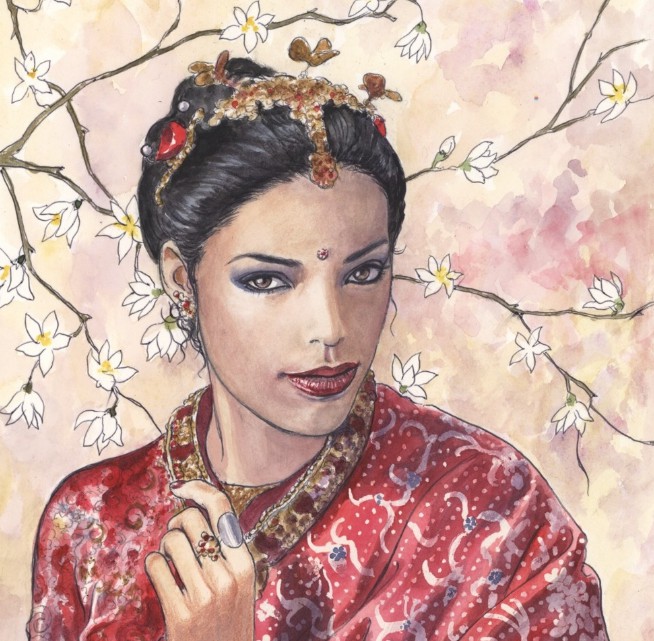Imagine Hum Aapke Hai Kaun never happened.
For those who came in late, this was the 1994 film that brought a decisive end to the Curse of the Eighties plaguing the Indian film industry. Hum Aapke Hai Kaun brought back family audiences into movie theaters, which had by then become seedy outlets for vapid, formulaic movies. A year later, there was Dilwaale Dulhaniya Le Jaayenge, which cemented the resurgence of the family film and convincingly continued the trend. Indian cinema found new life, Bollywood became cool, and two decades later, here we are, where movie theaters are now very posh outlets for vapid, formulaic movies.
In a world without HAHK, this wouldn’t happen. People would not venture out to watch DDLJ, KKHH, K3G and the rest, Bollywood would continue its spiral into bankruptcy thanks to video piracy. Within a few years, film-making in India would have truly entered the Dark Ages. Movie theaters would only show soft porn, catering to the lowest denominator ponying up prices for movie tickets. The only kind of films that would be financed specifically for Indian audiences in such theaters would be soft porn – with titles like, I dunno, Junglee Jawani.
Bombay would fade away. Not economically, no, but the degeneration of its film industry would create a shift in the currents that brought people this city. In that vacuum, it is but logical to assume that India’s political capital would also become its cultural capital, the power center of the next generation of creativity. Delhi is where Indian pop culture would realign itself.
What would flourish? Music, of course. In the absence of Bollywood’s all-encompassing genre-mashups, music – and musical tastes – would evolve. Western classical would find favor in the halls of institutions like St Stephens, where theater students would perform to Bolero-inspired compositions, and Indian classical musicians would find renewed relevance. In addition to attaining wealth and honor that’s their due, classical musicians would also become mentors and star-makers, the equivalent of the A&R divisions of music companies, the ones with the power to decide the Next Big Thing.
What kind of music, you ask? Private albums, with music drawn from various genres and sources. Out-of-work film music composers become ghost arrangers, on the look-out for the next face that can highlight their antiquated compositions and arrangements. Electronic music, no longer surfing on Bollywood’s ear-friendly adoption, would fail to find acceptance on Indian shores.
Oh, and rock and roll. The North-eastern influence in Delhi ensures a vibrant atmosphere in which college festivals feature rock as a major highlight. Indian rock music evolves beyond 80s hair-band tropes, especially after investors from Europe’s new cultural capital, Prague, ensure that quality is given precedence. Audiences all over the world begin to appreciate songs in alien languages, and Indian compositions are no longer just sources of memetic mirth.
Imagine a world like that, a world where Hard Rock Cafes actually plays Hard Rock, where audiences in Indian rock concerts sing along to missing phrases. Where every track and album release is not accompanied by a club mix. Where sexy backup dancers and garish music videos are not necessary to market musicians and their compositions. A world where the posters you see on the street do not have actors or cricketers, but musicians. Where young college-going kids aspire to be Jim Morrison, not Shah Rukh Khan.
It is in this alternate world that the story of Janardan “Jordan” Jakhar is set. It is in this world that ‘Rockstar‘ makes sense.

This is absurdly profound. If that makes sense.
i have a different opinion, but thanks for the review